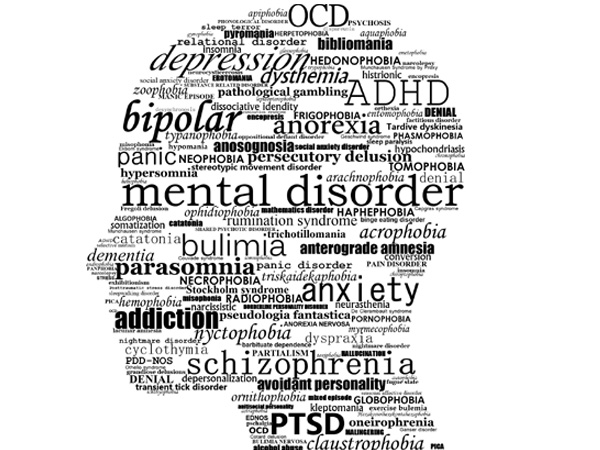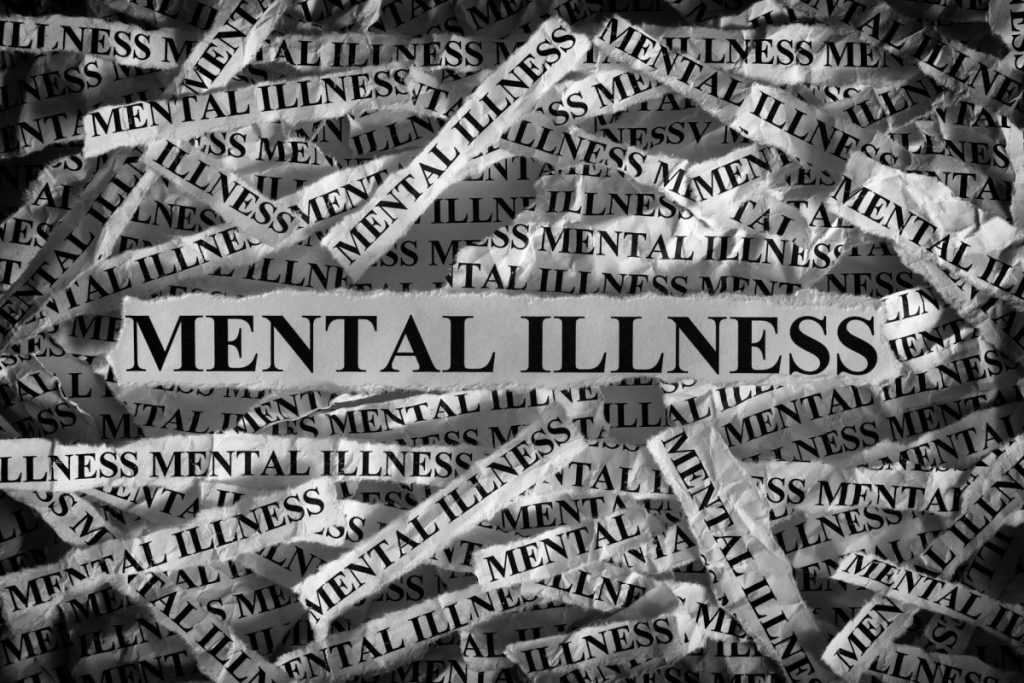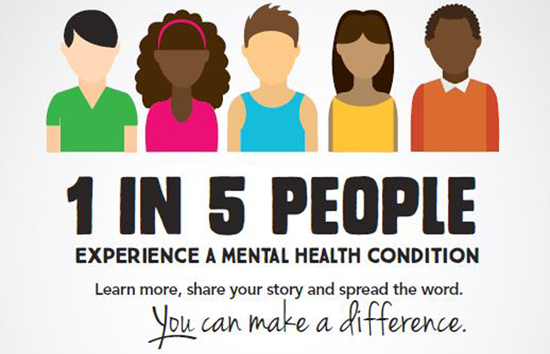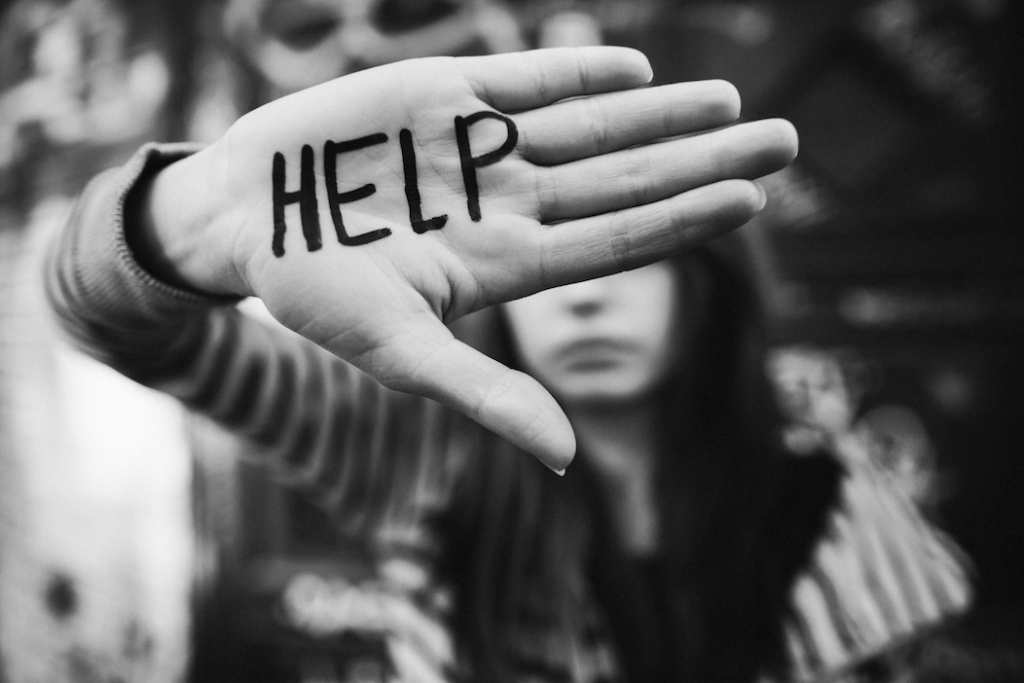Let’s Talk about Mental Illness: Warning Signs and How to Cope

Many people believe that mental disorders are rare, non-existent just happen to someone else. Mental health is such a taboo that people just ignore it and label it like “ it is all in your head.” Mental disorders are common and widespread. It has been proved that an estimated 54 million Americans suffer from some form of mental disorder each year.
Most of the patient’s families are not prepared to cope with learning their loved one has a mental illness. Mental disorders can be physically and emotionally trying and can make us feel vulnerable to the opinions and judgments of others.
If you have a mental illness or know someone who is going through that phase, it is important to remember that there are hope and help.

What is mental illness?
Mental illness is a disease that causes mild to severe disturbances in thoughts or behaviors which ultimately results in the inability to cope with life’s ordinary demands and routines. There are more than 200 classified forms of mental illness. Some of the more common disorders are depression, bipolar disorder, dementia, schizophrenia and anxiety disorders.
The symptoms might include mood, personality, personal habits and or social withdrawal. Mental health problems arise when you are going through a lot of stress due to some particular situation or a series of events. Mental illness often manifests itself physically, emotionally and psychologically. It is often caused by a reaction to environmental stresses, genetic factors, biochemical imbalances or a combination of these. However, with proper treatment and therapies, many individuals have learned to cope or recover from a mental illness or emotional disorder.

Warning signs and symptoms of mental disorders :
It is very important to pay attention to sudden changes in thoughts and behaviors. Make sure that the symptoms are not just side-effects of recent substance use or another medical condition.
Below are some signs that you or your loved one need to speak to a medical or mental health professional.
In Adults, young adults, and adolescents :
• Confused thinking
• Prolonged depression (sadness or irritability)
• Feelings of extreme highs and lows
• Excessive fears, worries, and anxieties
• Social withdrawal
• Strong feelings of anger
• Strange thoughts (delusions)
• Seeing or hearing things that aren’t there (hallucinations)
• Suicidal thoughts
• Numerous unexplained physical ailments
• Substance use
• Growing inability to cope with daily problems
• Dramatic changes in eating or sleeping habits
In older children and pre-adolescents :
• Substance use
• Intense fear
• Prolonged negative mood, often accompanied by poor appetite or thoughts of death
• Defiance of authority, truancy, theft, and vandalism
• Changes in sleeping or eating habits
• Excessive complaints of physical ailments
• Changes in managing responsibilities – at home or school
• Frequent outbursts of anger
In younger children :
• Hyperactivity
• Persistent nightmares
• Persistent disobedience or aggression
• Changes in sleeping or eating habits
• Poor grades despite strong efforts
• Changes in school performance
• Frequent temper tantrums
How to cope with mental illness day-to-day :

• Accept your feelings
Despite the different symptoms and types of mental illnesses, many families who have a loved one with mental illness share almost similar experiences. At first, people find themselves in a denial stage, you will find yourself denying your feelings as you constantly think about what other people will think because of the stigma which is always around mental illness sufferers. The best way to heal yourself first is to accept that feelings are normal and common among families going through similar situations. Always try to help your loved one by reading or talking with mental health professionals.
• Handling unusual behavior
Outward signs of mental illness are often behavioral. A person can be extremely quiet or withdrawn or can burst into tears, have great anxiety or outbursts of anger. Even after treatment started, some individuals can exhibit anti-social behaviors. When in public, these behaviors can be disruptive and difficult to accept. Next time when you go or accompany them to their therapist, you can discuss these behaviors and develop a strategy for coping.

• Seeking counseling
Therapy is profitable for both the individual with mental illness and family members. A mental health professional is trained to suggest ways to cope and better understand your loved one’s illness. While you are looking for a therapist, don’t hesitate to talk to a few professionals so that you can choose the one that is right for you and your family. It might take time for you to get comfortable, but in the long run, you will feel glad that you sought help.
• Establishing a support network
Seek support from your friends and families. If you feel like you cannot discuss your situation with friends or other family members, opt for self-help or support group.



